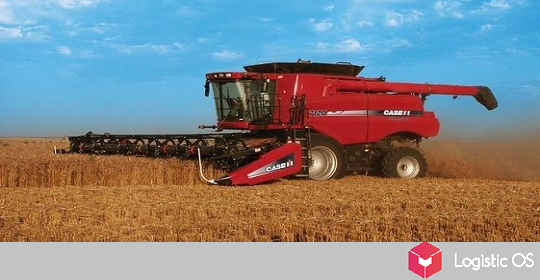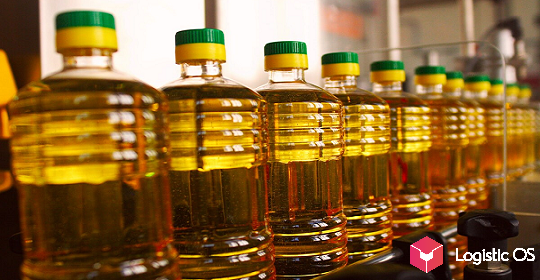Farmers in this country are currently increasing the area under cassava cultivation, which, in turn, is reducing sugarcane production.
Experts predict that Thailand may increase production of cassava (an agricultural crop with edible tubers) next year.
In addition to the fact that this crop makes a significant contribution to food security in Thailand and plays a significant role in the local diet, the country is also the largest exporter of cassava.
Thailand also occupies a significant position in the global rice, natural rubber, and sugar markets.
However, experts note that the structure of its exports has recently been subject to change.
For example, in recent years, we have seen a decline in global cassava prices, while the profitability of sugarcane has simultaneously increased.
As a result, many Thai farmers switched to sugarcane cultivation, as it promised higher profits. Consequently, sugarcane exports increased, while cassava acreage decreased.
However, according to some analysts, the situation is currently reversing: cassava prices are rising, while sugar prices on the global market are falling.
In this situation, it seems logical for farmers to switch back to cassava cultivation.
Especially since demand for cassava has begun to grow in China.
For comparison, in 2023, China imported over 7 million tons of this crop, while in 2024, it was only 2.5 million tons. Undoubtedly, such a dramatic decline could not help but impact the price of this crop.
Currently, imports to China have increased again: since March, China has already purchased 4 million tons of cassava, with 80% of this volume coming from Thailand.
Undoubtedly, the increased demand for cassava will force Thai farmers to reassess their cropping patterns, which could result in sugarcane being displaced from a significant portion of their fields. Experts believe all this could lead to a slight easing of the difficult situation in the sugar market.
Currently, there is a supply surplus, caused by three consecutive bumper harvests in major exporting countries.
A decline in sugarcane production in Thailand, which could be up to 10%, will somewhat reduce the current pressure from excess supply on prices.
However, overall, prices will remain low for some time, experts predict.

